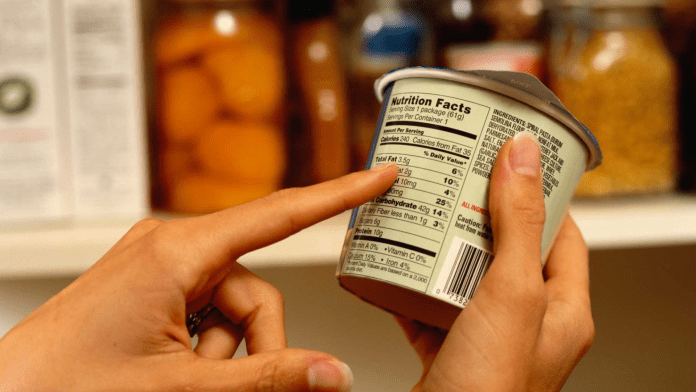Weikfield Foods CEO DS Sachdeva voluntarily took a ‘lie detector’ test in a YouTube video last month. When asked by the ‘interrogator’ if Weikfield’s pasta is genuinely as healthy as advertised on the packaging, he confidently responds with a “Yes,” and the machine affirms with a beep.
“We want to dispel the perception that pasta is junk food. We need to tell consumers our pasta actually has iron equivalent to two bowls of spinach,” Sachdeva explained. The campaign on YouTube has garnered approximately two million views.
Weikfield is not the only company in this endeavor. India’s leading packaged foods companies, including Nestle, ITC, Britannia, Hindustan Unilever Ltd (HUL), Parle Products, and Amul, are diligently striving to assure consumers that they are not promoting unhealthy products.
This comes amid a backdrop of consumers pushing back, investor pressure mounting, and social influencers calling out unhealthy foods in India. Recently, a global research group unveiled the details of a survey that further strengthened their argument.
For years, public health officials have been sounding alarms about a rise in non-communicable diseases like diabetes, obesity, and related cardiac issues, attributed to the increasing dependence on junk food. This trend, especially prevalent among the youth, is exacerbated by sedentary lifestyles and a lack of exercise.
Nestle, the producer of Maggi noodles and Kitkat chocolate, is providing a service on its AskNestle platform where consumers can have their body mass index (BMI) measured, and personalized meal plans can be created for them.
“AskNestle imparts nutrition information to consumers in English and Hindi,” a company spokesperson said. The platform includes “growth trackers and insights from nutritionists.” It has thousands of recipes besides articles by nutritionists, according to the spokesperson.
ITC, the manufacturer of Yippee noodles, Master Chef frozen snacks, and Aashirvaad atta, features a “digestive quotient score” for consumers on its HappyTummy microsite.
“A happy tummy is an important step towards making a happy you,” is the cheery message that greets visitors, who are asked to take a two-minute test to “understand their digestion.” The platform has videos, blogs, high-fibre recipes and offers consultations with dieticians, according to the company.
According to a report from the global research group Access to Nutrition Initiative (ATNI) last week, packaged foods companies in India generated 76% of their revenue from unhealthy products in the current year.
In the report, ATNI highlighted that the average healthiness rating of companies’ products was only 1.9 stars out of 5.0. The findings were based on data from 1,900 products across 20 packaged foods companies, including ITC, HUL, Nestle, and PepsiCo. The report emphasized that these companies collectively contribute to approximately 36% of the total sales in India’s processed packaged foods sector.
Executives have mentioned that food manufacturers are changing their communication strategy, shifting the focus from taste to health and fitness. This represents a noticeable shift in approach from just a few years ago.
Britannia, the biscuit and dairy manufacturer, has launched its latest campaign featuring actor Ranveer Singh for the NutriChoice biscuits brand. The campaign emphasizes the concept of “small steps” towards adopting a healthy lifestyle. Chief marketing officer Amit Doshi said, while announcing the campaign, “Fitness is a state of mind. The idea behind the campaign is to motivate consumers to opt for a good choice, no matter what the scale of that choice is.”
Conversely, the dairy brand Amul, under the ownership of the Gujarat Cooperative Milk Marketing Federation (GCMMF), has been rapidly increasing its sponsorship in various sports, including cricket, football, and even the Asian Games.
Several companies have established goals for reducing salt, sugar, and saturated fat, while also increasing fortification, with some aligning with global guidelines. However, health groups argue that much more still needs to be accomplished.
“Ultra-processed foods are leading to a public health crisis. We are urging the government to curb consumption of foods with high sugar, salt and fat content,” said Arun Gupta, convenor of the Nutrition Advocacy in Public Interest (NAPi), which leads a consortium of health groups lobbying the government for strict guidelines under the Food Safety and Standards Authority of India (FSSAI).
Social media influencers have intensified their messaging regarding elevated levels of sugar, salt, and fats in packaged and ultra-processed foods. This pattern gained prominence when influencer Revant Himantsingka discussed the “very high levels of sugar” in a viral video about Mondelez’s health foods drink, Bournvita, this summer, which seemed to strike a chord with Indian consumers.





